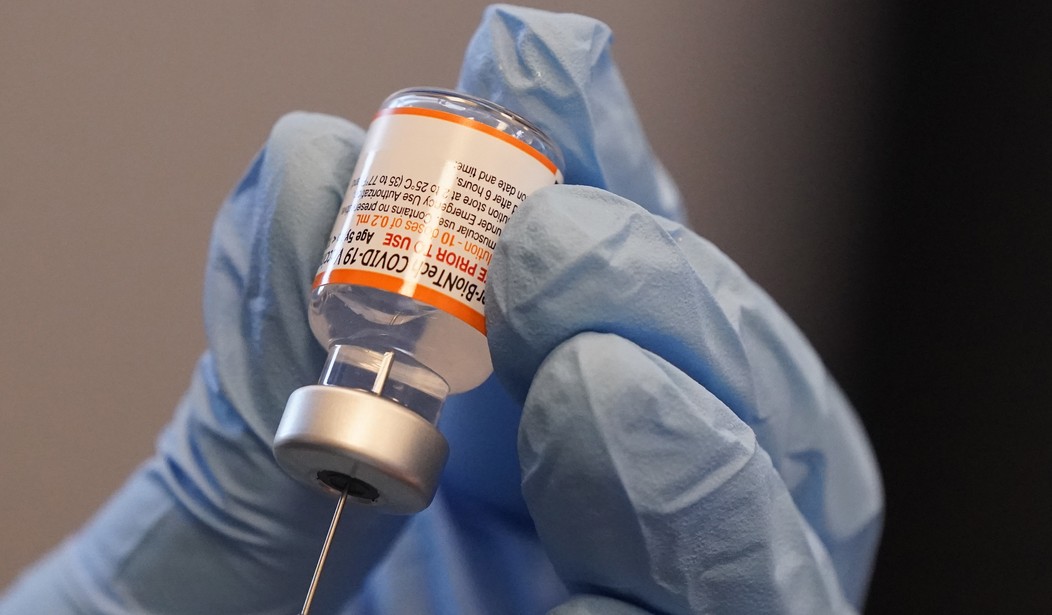Many Americans have found great comfort in getting vaccinated against Covid-19. Whether you are for vaccination or not, most people will agree Covid-19 is going to be part of our landscape for years to come and the more people who develop a defense against the virus’ most dangerous outcomes the better. Furthermore, it is important to note that the United States has gone above and beyond the call of duty to help the poorest nations to get vaccinations to those in need. As we have learned, the more people vaccinated worldwide, the more likely that we can mitigate the damage of the virus over the next few years. Worldwide vaccinations and the subsequent boosters are part of the global effort to get control of the sickness that has ravaged mankind, but those vaccinations have created an unforeseen supply problem.
One of the problems people are facing in battling the virus is the current disruption in the supply chain for medicine and medical devices. The supply chain is impacting consumers of all products from coast to coast and just at a terrible time – Christmas. It is important for the Biden Administration to focus on supply chain issues during the holiday season when people are ordering more and more products that will be delivered through the clogged supply chain. One issue that has been glossed over by the media when talking about the disruption of the global supply chain is the impact it is having today on the fight to contain the coronavirus, in addition to fighting other health care challenges.
Reports indicate that everything from crutches to gloves are in shortage because of the disruption. Axios reported on Nov. 1, 2021, “shortages of health care supplies can quickly jump from a nuisance to a life-or-death proposition. They indicate serious vulnerabilities in the U.S. health care supply chain” and “now global supply chain tie-ups are rippling across the industry again, leading to extended wait times for commonly used supplies and equipment.” This is something we experienced at the beginning of the pandemic and are experiencing again because of labor shortages and overloaded ports. The problem has become so extreme that the healthcare industry is asking that medicine and medical devices take precedence over consumer luxuries like cars, phones, and televisions.
Recommended
Right now, there is a global shortage of syringes and that is an issue the government should address. That is a terrible development when you think of the consequences. For diabetics to people wanting a flu shot to those waiting on a Covid-19 vaccination, the shortage will slow delivery and supply to those most in need. With the availability of vaccines expanding to younger people and with booster shots being administered, the shortage of supply of syringes to administer the vaccine, and to deal with many other medications administered with a syringe, are under threat.
Aside from supply chain issues, the tool used by doctors and nurses to administer a shot is woefully outdated and needlessly wasteful in the delivery of the actual medicine. Nurses, doctors, and patients are in danger because the technology used results in needlestick injuries that are completely unnecessary. Also, medicine is wasted in most syringes, because they are manufactured in a way that some medicine stays in most syringes after medicine is administered because of poor design. A better design can help protect from needle sticks and make sure that all the medicine in the syringe gets into the patient.
A proper role of a limited government is to support health care companies helping to fight the pandemic. Both the Trump and Biden Administration have put forth massive amounts of government money to help struggling businesses, get stimulus checks to in need Americans and to expedite the distribution of medicines to both vaccinate and treat the symptoms of the coronavirus. Government should set aside some money to address the effective delivery of medicine to those in need. Supporters of having a limited federal government can agree that during a pandemic crisis, it makes sense to put some government resources into fighting the virus to protect Americans’ health while also working to minimize the damage to the economy.
Technology has advanced in a way that we can manufacture more and more syringes and other medical products efficiently at home with some investment. The United States would be wise to invest in an expansion of low waste syringe and other cutting-edge technology as the latest technology and the answer to the syringe shortage. This will both address supply chain issues while also making the syringes more effective.
If we want to encourage more vaccinations and better health care outcomes, it is important for the federal government to immediately address the problems with the supply chain and look to domestically produced medical devices.

























Join the conversation as a VIP Member